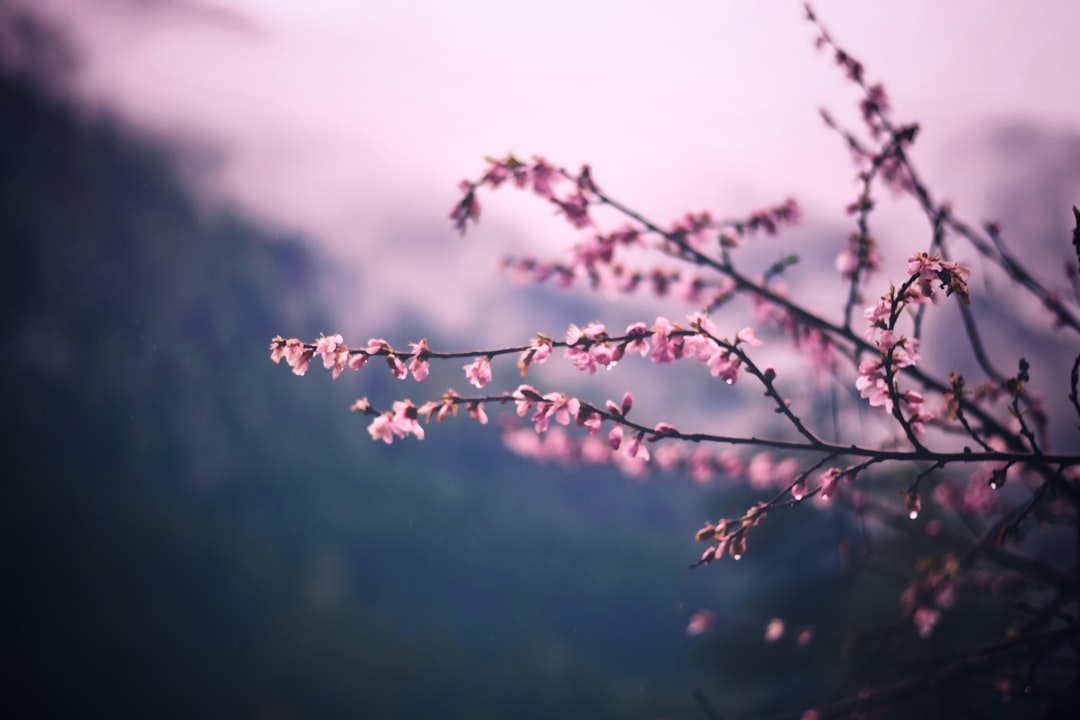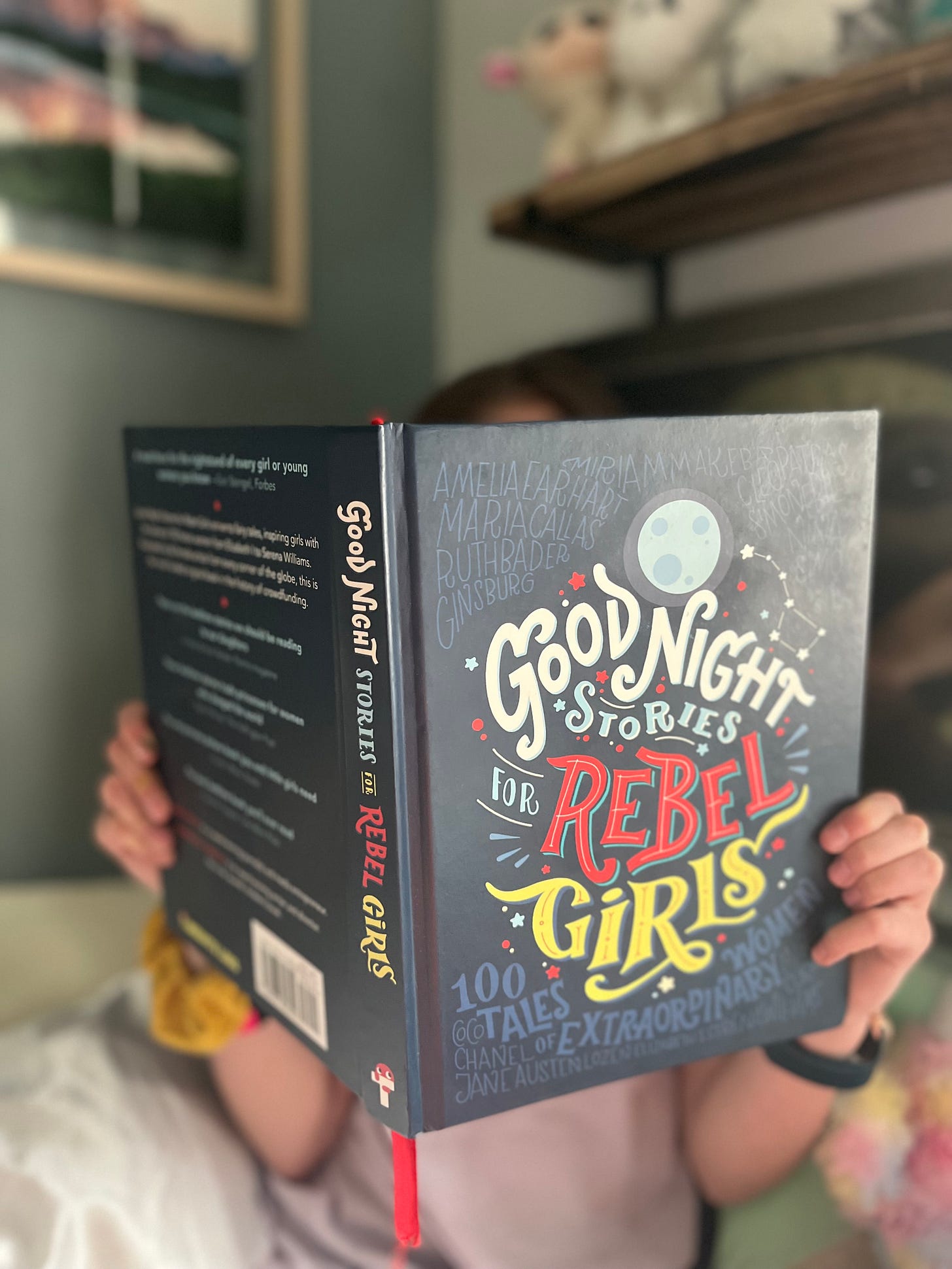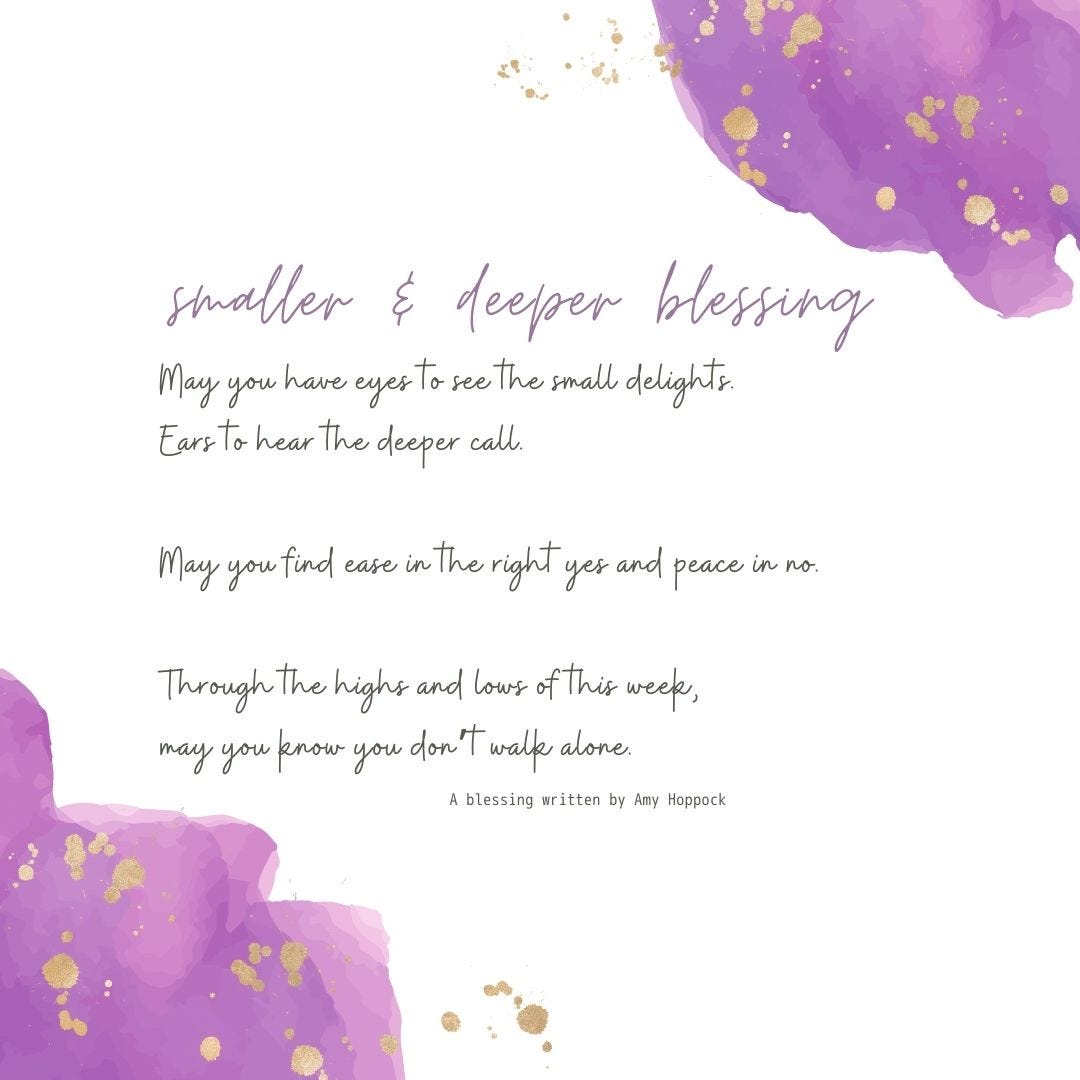I spent a rich and full two days of Spiritual Director training on Friday and Saturday. Tonight I'm sharing an edited piece from my "archives." As I was looking through things that I have written over the years, this caught my eye. I love questions, and the practice of taking apart questions always seems to unearth more than meets the eye. What if I do nothing is a simple question, just five words. It might be a question we don't ask enough. In the stillness of this Sunday morning, with luke-warm coffee, a candle, and Carrie Newcomer as my background, I wonder if there is a connection between a capacious heart and this question? On the surface, probably not, but maybe this is a question that would help us create space and could help us orient around the things that are ours to do and the things that we could do but are not ours to do? And would the result be a more spacious head and heart?
What if I do nothing?
This question is provocative and a little bit unsettling. (At least I find it so!)
Humans are hard-wired for action. Problem-solving is our default setting. Doing things is what we do. Just five words call into question our default setting of action.
What if I do nothing?
Let's take this question apart and see what invitation we might find.
What if…
What if questions are an invitation to imagine, pause, and consider different options and potential outcomes. A what-if question is a gentle, spacious phrase that invites us to imagine something different.
I do…
Maybe this isn't your problem to solve? Perhaps, there isn't a specific or unspecified action that you need to take? Maybe just being a compassionate witness would work?
Nothing…
Nothing. We live in a results-oriented, problem-solving world. Our default is DO SOMETHING. Sometimes, movement for action's sake seems to be how we work.
When faced with a perceived problem, it's easy to think of action. What if we did nothing or did nothing until we were clear on what was ours to do? Sometimes we create problems by acting before we are clear on the appropriate action. How often have you solved a problem, only to realize the problem you solved wasn't the real problem?
What if I do nothing is a pause question. It is a permission question. It is a provocative question.
It's a question that asks us to pause and consider our options, including the possibility of doing nothing.
It's a permission question because it permits us to consider not doing anything. Sometimes not doing anything is an option.
It's a provocative question because it questions our default mode of doing and solving.
We don't have to solve every problem we think we are presented.
We don't have to react to every offense we are invited to be offended by.
We don't have to take up every fight.
We don't have to fix every wrong.
We don't have to be provoked by things designed to annoy us.
What if I do nothing? (Some gentle reminders)
NO is a complete sentence.
Doing nothing is an option.
We don't have to volunteer for every event.
We don't have to take food to every potluck.
We don't have to rally for every cause.
We don't have to solve every one of our friends, children, neighbors (etc.) problems.
Determining what is ours to do and what isn’t feels like a capacious practice. How can we hold space in our hearts if we are busy solving every problem and being offended by every offense? There is no doubt that, at times, doing nothing isn’t an option. Sometimes, we do have to act. But the permission to pause, consider and imagine feels like a spacious way to move through the world.
A blessing for asking the question what if I do nothing?
May you have the courage and boldness to ask yourself what is yours to do. May you embrace the discomfort and relish the comfort that the answer may impart. May your heart and soul find freedom in each yes, no and I don’t know.
Without imagination, there is no goodness, no wisdom.
Marie von Ebner-Eschenbach
What if you do nothing?
This is your permission slip to ask yourself this question throughout the week, in big and small ways. What happens when you step back and pause to consider what is yours to do and what might not be yours?

Root Magic by Eden Royce
This book was recommended to my daughter by a local bookseller. The bookseller said it taught her about a culture she didn’t know much about and showed her what she did know wasn’t a complete picture. While I didn’t love this book, that was a fair description of the book. It's set in the 1960s and features a set of twins who are Gullah-Geechee and starting to learn rootwork (folk magic) from their uncle. It touches on race, ghosts, and prejudice. I found it a little scary, but I have a low tolerance for scary novels, so I'm probably not a great judge. It gets rave reviews, and I am glad that I read it.
I invited a special guest reviewer to share one of her favorite books. The following review is written by Delana R. Hoppock. Delana is an avid reader. She prefers magical novels with strong female characters. Delana is 11, plays the violin, she loves to dance and all kinds of art, including sketching and painting.
Goodnight Stories for Rebel Girls: 100 Stories of Extraordinary Women by Rebel Girls
Goodnight Stories For Rebel Girls is a wonderful book that I read almost every night. I have read the first and second book multiple times through, and it never disappoints. I love Goodnight Stories For Rebel Girls because it tells the stories of creative, brave, and bold women that changed history and inspire me and other girls all over the world. I like this bedtime book because it tells stories of real women who changed the world, not princesses. I think that it is also important that it is a book that interests not only little girls but girls of all ages. One of my favorite quotes from the book is, “For goodness sake, did the allies parachute me into France to fry eggs and bacon for the men?” Nancy Wake said this quote. Another thing that I love about Goodnight Stories For Rebel Girls is all the beautiful paintings the book includes of every rebel girl.
I try to pay attention to words or phrases that stand out in my reading and listening. There is a spiritual practice called Florliledgium that collects short, interesting pieces {words that “sparkle” up} and puts them together. This is kind of like that. Watching for things that sparkle. Gathering them and seeing how they work together and what message, mantra, or new idea might arise.)
A Practice:
Read slowly.
Notice if a word or phrase stands out to you.
How do the words make you feel?
Is there an invitation?
(I’m sharing the lines that stand out to me in these passages in italics. Maybe it’s the same, or perhaps it’s different, there is much food for thought in each of these passages)
For Equilibrium, a Blessing:
Like the joy of the sea coming home to shore,
May the relief of laughter rinse through your soul.
As the wind loves to call things to dance,
May your gravity by lightened by grace.
Like the dignity of moonlight restoring the earth,
May your thoughts incline with reverence and respect.
As water takes whatever shape it is in,
So free may you be about who you become.
As silence smiles on the other side of what's said,
May your sense of irony bring perspective.
As time remains free of all that it frames,
May your mind stay clear of all it names.
May your prayer of listening deepen enough
to hear in the depths the laughter of god.”
― John O'Donohue, To Bless the Space Between Us: A Book of Blessings








